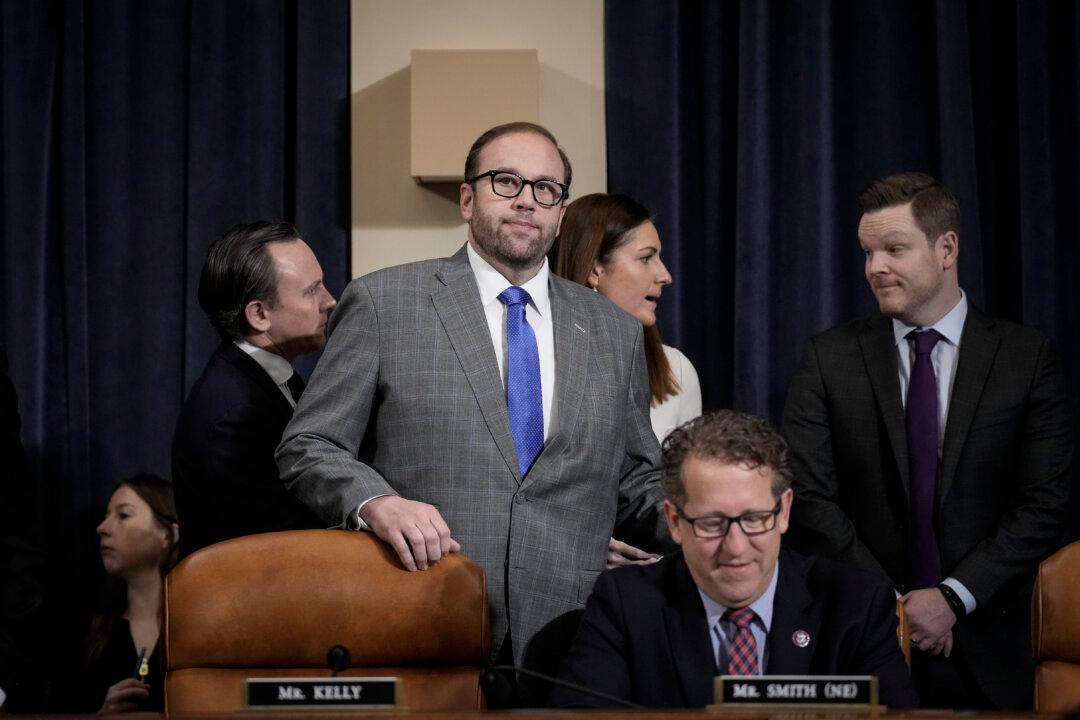House Ways and Means Committee Chairman Jason Smith (R-Mo.) has criticized the IRS for failing to provide essential information in its much-anticipated report released on April 6.
The tax agency unveiled its strategic operating plan in the report, disclosing how it plans to use the $80 billion in new funding provided by the Democrats’ Inflation Reduction Act. The new cash infusion will be used to hire thousands of new employees, improve tax enforcement and customer service, and audit wealthy taxpayers and corporations.




